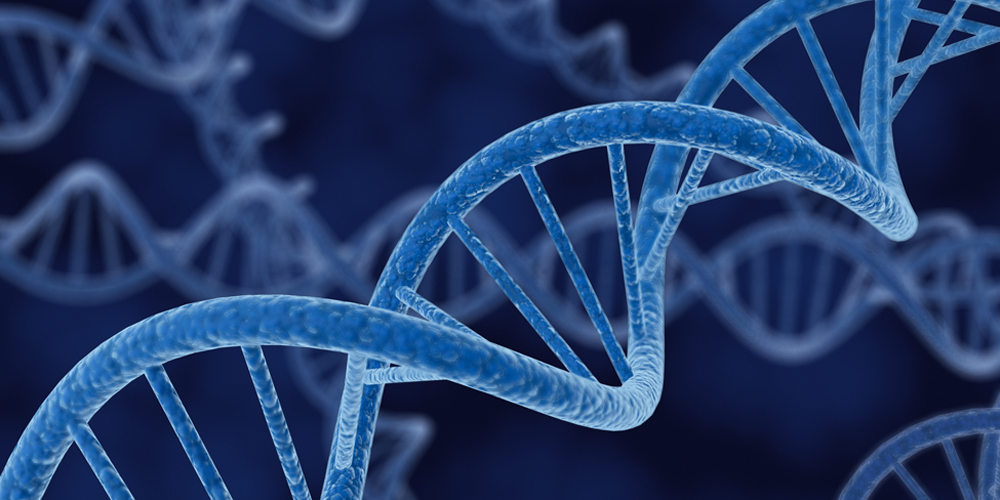Esophageal cancer impacts around 20,000 Americans annually, significantly disrupting daily life. From difficulties with eating to challenges in managing work, this diagnosis often requires significant lifestyle adjustments. Patients have to navigate changes in their routines while adopting strategies to cope with symptoms and maintain as much normalcy as possible.
1. Eating and Swallowing
Dysphagia, or difficulty swallowing, is one of the biggest daily challenges for esophageal cancer patients. It often progresses gradually, starting with difficulty swallowing solid foods and eventually affecting the ability to swallow liquids. This condition forces patients to completely rethink their approach to eating and make significant adjustments to their diet.
Meal preparation becomes a deliberate process, with foods modified to soft, moist textures and served in small portions. Many patients rely on pureed foods, smoothies, and liquid nutritional supplements to maintain proper nutrition. Sharing meals with family and friends also requires new strategies and greater understanding from loved ones to navigate the social challenges of eating.
2. Nutritional Management
Maintaining proper nutrition can be challenging as a disease progresses. Many patients struggle with reduced food intake and difficulty swallowing, which often leads to weight loss. To address this, patients may shift from three larger meals a day to smaller, more frequent meals. Working with a registered dietitian will help you create personalized meal plans that focus on nutrient-rich foods and meeting calorie needs. When solid foods aren’t enough, liquid nutritional supplements may be recommended. These strategies encourage patients to get the nutrition they need, even with dietary limitations.
3. Communication Adaptations
Voice changes or hoarseness can arise during treatment, affecting a patient’s ability to communicate clearly in both personal and professional settings. These changes may hinder workplace relationships, social interactions, and overall quality of life. Speech therapy can be a valuable tool to help patients improve their communication and adapt to these challenges effectively.
With the proper support, many patients can continue working during treatment. Simple adjustments, such as flexible schedules for medical appointments, changes to the work environment, or temporary modifications to job responsibilities, can make it easier to balance health and work. Open communication with employers and colleagues is key to creating a supportive workplace.
The ability to work during treatment depends on factors like the stage of cancer, the type of treatment, and how the patient responds. Some individuals may require extended leave to focus on their recovery, while others can continue working with minimal interruptions. Employers who provide tailored support often make a big difference in helping patients manage these challenges.
4. Treatment Routines
Regular medical appointments are a routine part of life, involving consultations, treatments, diagnostic tests, and follow-up care. This often means balancing healthcare needs with work and social commitments, as consistent medical care takes priority. Managing multiple medications is key for controlling symptoms, preventing complications, and maintaining overall health. Patients need clear systems to take medications correctly, watch for side effects, and make necessary adjustments, such as managing GERD during cancer treatment.
Another aspect of treatment is symptom monitoring. Patients systematically track changes in swallowing ability, pain levels, and other concerns, incorporating this practice into their daily routines. This self-monitoring provides valuable insights for healthcare providers, enabling them to make more informed treatment decisions.
Find Support for Esophageal Cancer
Living with esophageal cancer can bring significant lifestyle changes, but many patients learn to adapt over time. Working closely with healthcare providers, including GERD and esophageal cancer specialists, offers valuable support and guidance. Clear communication about symptoms and personal goals is key to managing the condition while maintaining a good quality of life.
- Pedrovazpaulo Wealth Investment: Unlocking Financial Freedom Through Innovative Strategies
- EO Pis: A Comprehensive Guide to Environmental Objectives and Performance Indicators
- Premiumindo69: The Future of Digital Entertainment
- Macadamia Nut Milk: Health Benefits, Recipes, and Why It’s the Perfect Dairy-Free Alternative
- Hentquz: The Future of Productivity and Collaboration


